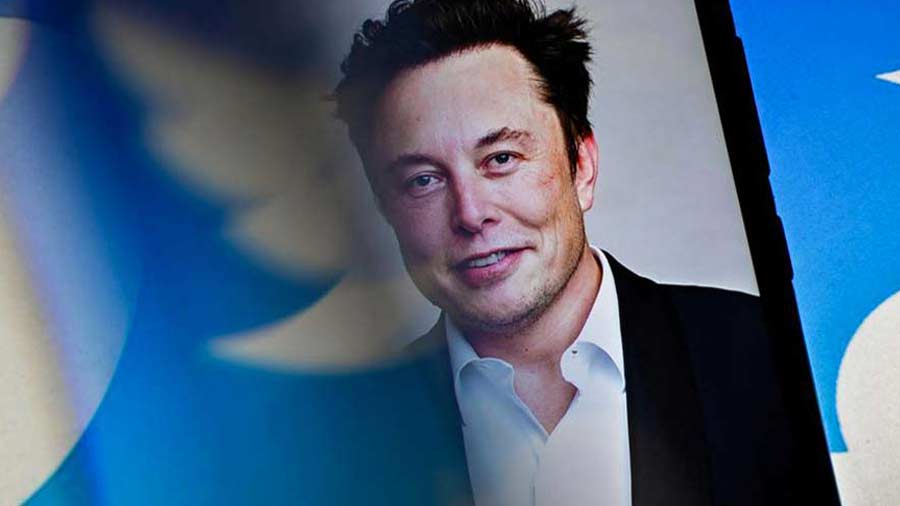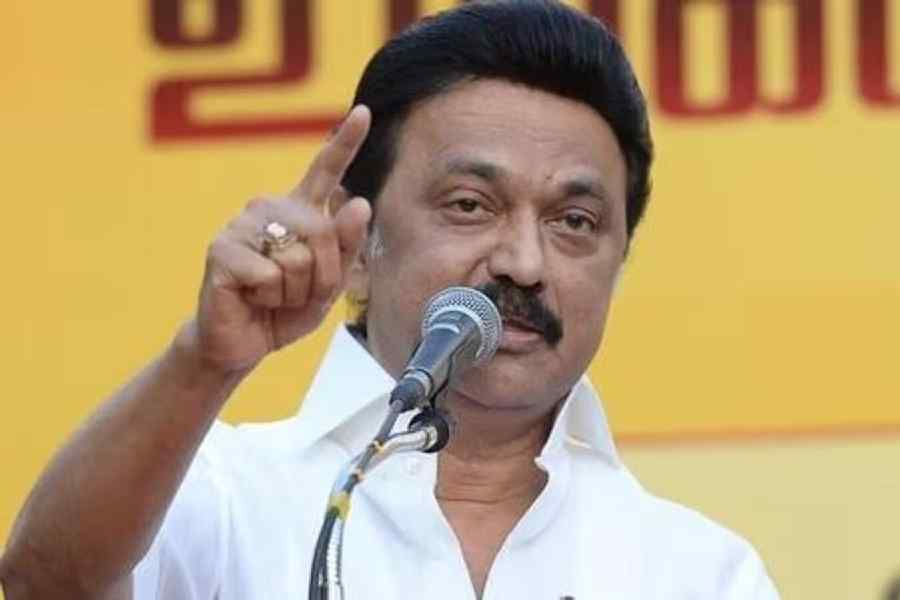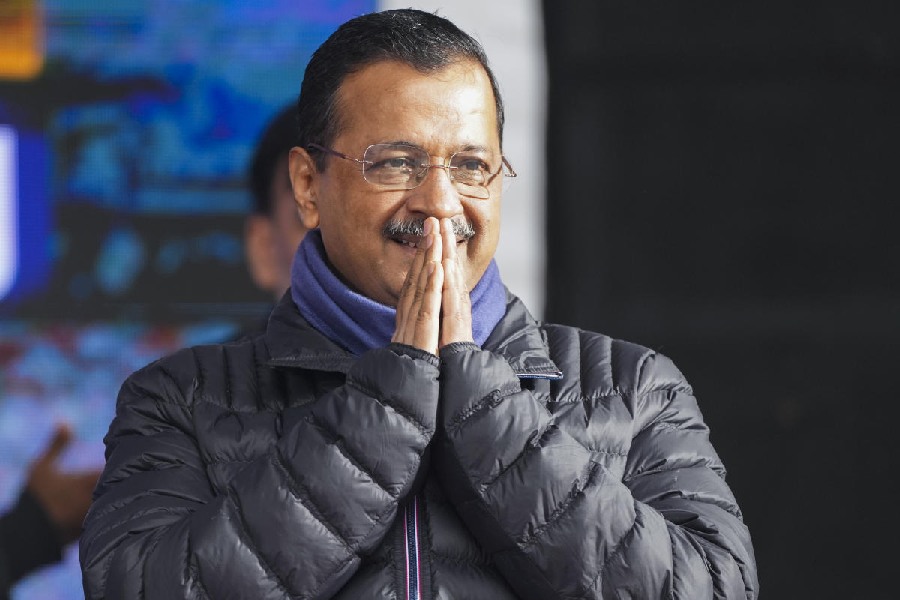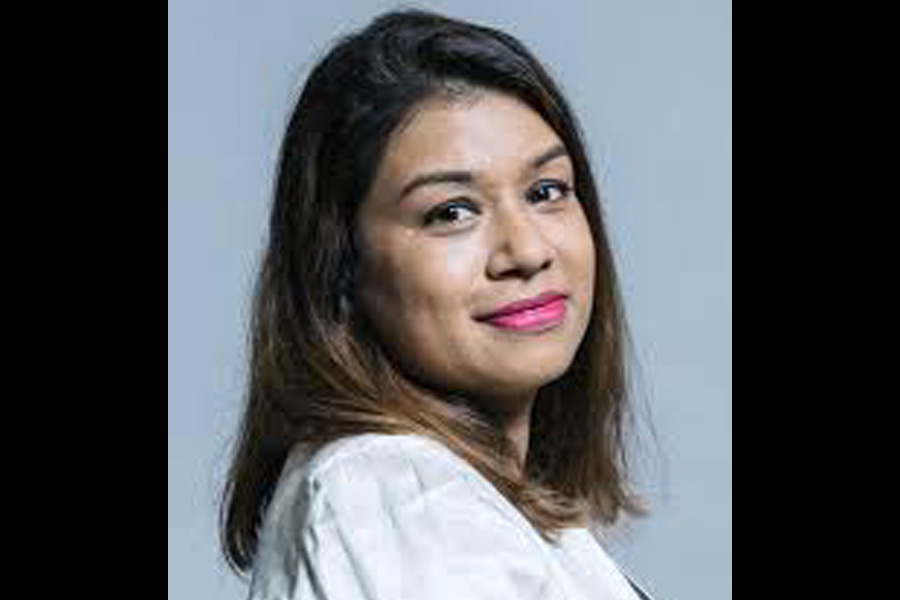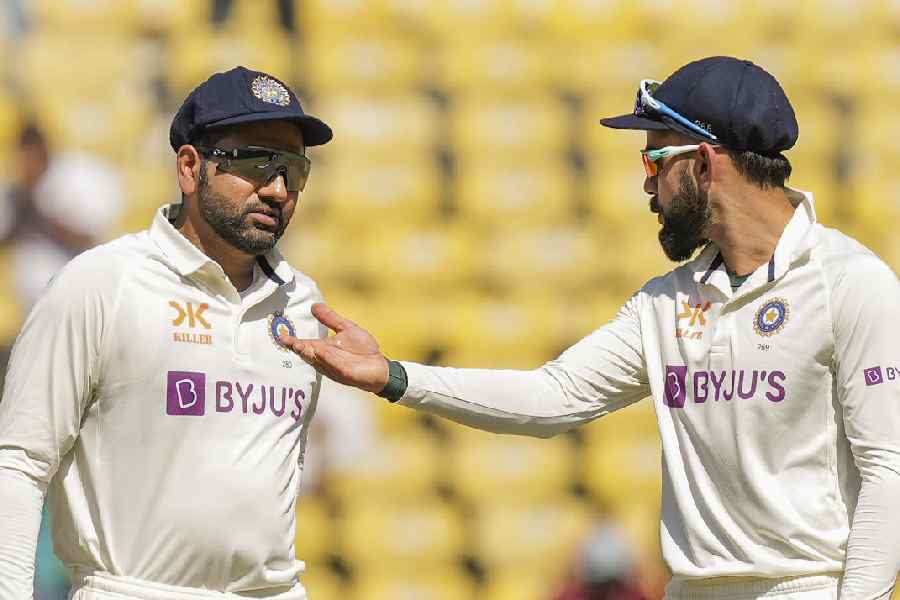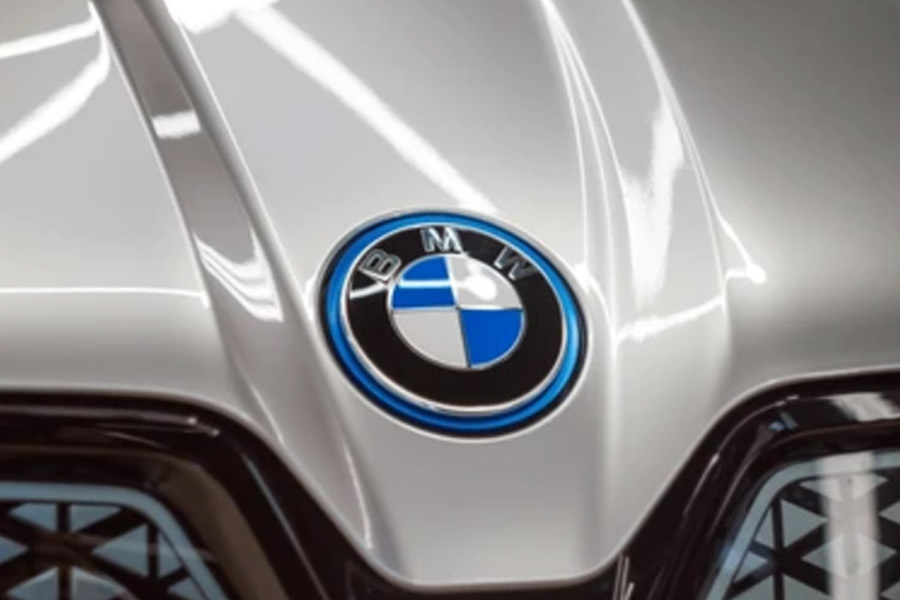Elon Musk has taken ownership of Twitter Inc with brutal efficiency, firing top executives but providing little clarity over how he would achieve the ambitions he has outlined for the influential social media platform.
“The bird is freed,” he tweeted after completing his $44-billion acquisition on Thursday, referencing Twitter’s bird logo in an apparent nod to his desire to see the company have fewer limits on content that can be posted.
Musk fired Twitter chief executive Parag Agrawal, chief financial officer Ned Segal and legal affairs and policy chief Vijaya Gadde, according to people familiar with the matter. He had accused them of misleading him and Twitter investors over the number of fake accounts on the platform.
Agrawal and Segal were in Twitter’s San Francisco headquarters when the deal closed and were escorted out, the sources added.
Before closing the deal, Musk, the world’s richest man, walked into Twitter’s headquarters on Wednesday with a big grin and a porcelain sink, subsequently tweeting “let that sink in”. He changed his Twitter profile description to “Chief Twit”.
Less than 10 per cent of 266 Twitter employees who participated in a poll on messaging app Blind expected to still have their jobs in three months. Blind allows employees to air grievances anonymously after they sign up with corporate emails.
Musk tried to calm Twitter employees’ fears that major layoffs were coming and assured advertisers that his past criticism of Twitter’s content moderation rules would not harm its appeal.
“Twitter obviously cannot become a free-for-all hellscape, where anything can be said with no consequences!” Musk said in an open letter to advertisers on Thursday.
Former US President Donald Trump, who was banned from Twitter after the January 6, 2021, attack on the Capitol, said on Friday that he was happy Twitter Inc was in “sane hands”.
Musk had said in May he would reverse the ban on Trump who had previously declared he would not return. “I like Elon, but I’m staying on Truth,” Trump told Fox News in an interview on Friday, referring to his own Truth Social media platform and without explicitly saying he would not post on Twitter if his account was reinstated.
Actress Kangana Ranaut, who was banned from Twitter last year for violating its rules on hateful conduct and abusive behaviour, applauded Musk’s takeover on Instagram and shared requests from fans to have her account restored.
The Indian government said Musk’s takeover of Twitter would not change the Centre’s expectation that it comply with the country’s existing and new IT rules.
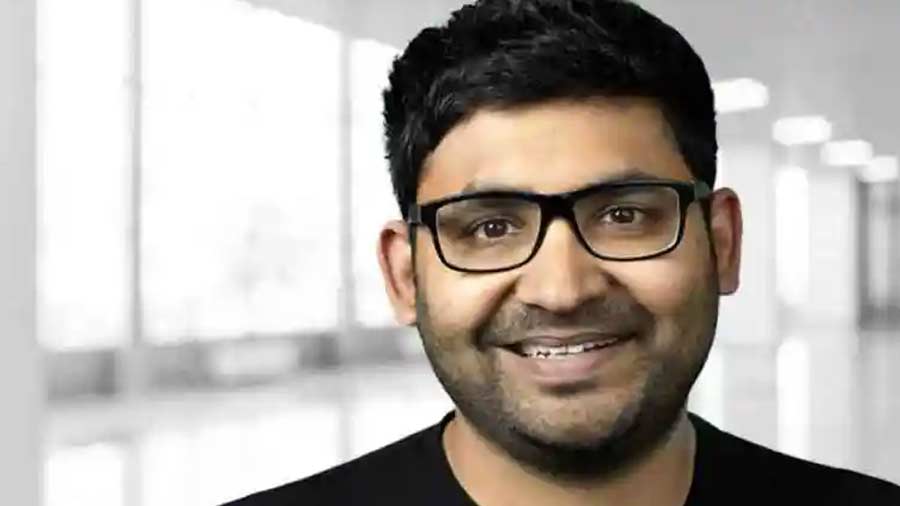
Parag Agrawala File Picture
Over the past two years, Indian authorities have asked Twitter to act on posts alleged to have spread misinformation about protests by farmers and tweets critical of the government’s handling of the Covid-19 pandemic. In July, Twitter had asked an Indian court to overturn some government orders to remove content from the platform.
“Our rules and laws for intermediaries remain the same regardless of who owns the platforms,” said Rajeev Chandrasekhar, minister of state for electronics and information technology. “So, the expectation of compliance with Indian laws and rules remains.”
Owner’s grip
Twitter filed regulatory documents on Friday asking to remove its shares from the New York Stock Exchange, effectively ending its nine-year run as a public company.
Now that Twitter is private, it does not have to make quarterly public disclosures about its performance, is subject to fewer rules and can be more tightly controlled by an owner, who is free to make sweeping changes to staff, structure and strategy.
Musk, the CEO of electric carmaker Tesla Inc and self-described free speech absolutist, has said he wants to prevent the platform from becoming an echo chamber for hate and division.
Other goals include wanting to “defeat” spam bots on Twitter and make the algorithms that determine how content is presented to its users publicly available.
Yet Musk has not offered details on how he will achieve all this and who will run the company. He also said on Thursday he did not buy Twitter to make more money but “to try to help humanity, whom I love”.
Musk, who also runs rocket company SpaceX, plans to become Twitter’s interim CEO, according to a person familiar with the matter. Musk also plans to scrap permanent bans on users, Bloomberg said.
The saga
The deal is the culmination of a remarkable saga, full of twists and turns, that sowed doubt over whether Musk would complete the deal. It began on April 4, when Musk disclosed a 9.2 per cent stake in the company, making him its largest shareholder.
Must then agreed to join Twitter’s board, only to balk at the last minute and offer to buy the company instead for $54.20 per share, an offer that Twitter was unsure whether to interpret as another of Musk’s cannabis jokes.
Musk’s offer was real, and over the course of just one weekend later in April, the two sides reached a deal at the price he suggested. This happened without Musk carrying out any due diligence on the company’s confidential information, as is customary in an acquisition.
In the weeks that followed, Musk had second thoughts. He complained publicly that he believed Twitter’s spam accounts were significantly higher than Twitter’s estimate, published in regulatory filings, of less than 5 per cent of its monetisable daily active users. His lawyers then accused Twitter of not complying with his requests for information on the subject.
The acrimony resulted in Musk giving notice to Twitter on July 8 that he was terminating their deal on the grounds that Twitter had misled him about the bots and did not cooperate with him. Four days later, Twitter sued Musk in Delaware, where the company is incorporated, to force him to complete the deal.
By then, shares of social media companies and the broader stock market had plunged on concerns that the Federal Reserve’s interest rate hikes, as it seeks to fight inflation, would push the US economy into recession. Twitter accused Musk of buyer’s remorse, arguing he wanted to get out of the deal because he thought he had overpaid.
Most legal analysts said Twitter had the strongest arguments and would likely prevail in court. Their view did not change even after Twitter’s former security chief, Peiter Zatko, stepped forward as a whistleblower in August to allege that the company had failed to disclose weaknesses in its security and data privacy.
On October 4, just as Musk was set to be deposed by Twitter’s lawyers ahead of the start of their trial later in the month, he performed another U-turn and offered to complete the deal as promised. He managed to do that, just one day ahead of an October 28 deadline given by the Delaware judge to avoid going to trial.

